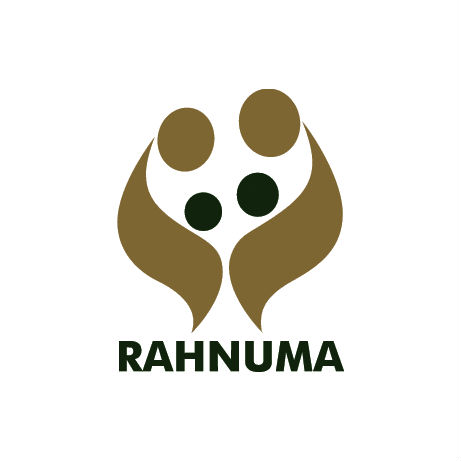

| 31 March 2016
Rahnuma-Family Planning Association of Pakistan
Rahnuma (formerly the Family Planning Association of Pakistan or FPAP) started serving poor and marginalized people in Pakistan as the Family Planning Association of Pakistan (FPAP) in 1953. After over 50 years of momentous achievements, the FPAP felt that its name did not fully reflect the scope of its work. It renamed itself ‘Rahnuma’, an Urdu word meaning 'one who shows the path and provides direction'. Rahnuma was one of the pioneers in providing family planning services and advocating for spacing of childbirth and for smaller families. The government later embraced the cause by establishing the Ministry of Population Welfare. In the space of a decade, Rahnuma grew from a single clinic, based in 1 room in Karachi, to a large-scale operation with an infrastructure of district branches offering model clinics and information and educational facilities. Today, the network operates nearly 5,000 service points, comprising 118 permanent clinics, 11 mobile units, 191 associated clinics and over 2,000 community-based distributors/services (CBDs/CBSs). It also handles referrals to over 2,143 private physicians. Rahnuma has developed innovative programmes to increase access to high-quality, affordable health services. It has advocated for a rights-based approach to sexual and reproductive health (SRH), for the empowerment of particular groups within communities (especially women and young girls), and for the strengthening of civil society in Pakistan. As the sexual and reproductive health and rights (SRHR) agenda has shifted over the years, Rahnuma has increasingly embraced SRHR in the context of national development and poverty alleviation, owing to the direct connection between socio-economic conditions and health and well-being. Contacts Website: http://www.fpapak.org Facebook: https://www.facebook.com/rahnuma.fpap.9 Twitter: https://twitter.com/Rahnuma_FPAP

| 31 March 2016
Planned Parenthood Federation of Nigeria
As the statistics show, Nigeria faces considerable sexual and reproductive health (SRH) challenges. Established over 25 years ago, the Planned Parenthood Federation of Nigeria (PPFN) is one of the country’s most experienced SRH organizations and nationally, it delivers around 10% of all family planning services. Its work extends to voluntary counselling and testing (VCT) in HIV and AIDS, antenatal and post-natal care, post-abortion care, infertility diagnosis and counselling, and education and counselling on sexually transmitted infections (STIs) including HIV and AIDS. PPFN’s network of service delivery points is substantial: it has over 2,300 distinct service points. This includes 68 permanent clinics, 1,558 associated clinics and 27 community-based services (CBSs). The team consists of 110 permanent staff, over 750 volunteers and a Youth Action Movement membership of 350. Working together, they deliver a phenomenal number of sexual health services. PPFN partners closely with the Nigerian government to deliver services and providing technical guidance on policy development and implementation. It works in collaboration with other non-governmental organizations (NGO) and with private sector companies including The Central Bank of Nigeria, the National Agency for the Control of AIDS, Allied Products Plc and Nigeria Breweries. PPFN receives financial support from the UNDP, the Global HIV/AIDS Initiative, Pathfinder Nigeria, and IPPF’s Japan Trust Fund. Contacts Website: www.ppfn.org Facebook: https://www.facebook.com/ppfnigeria/







